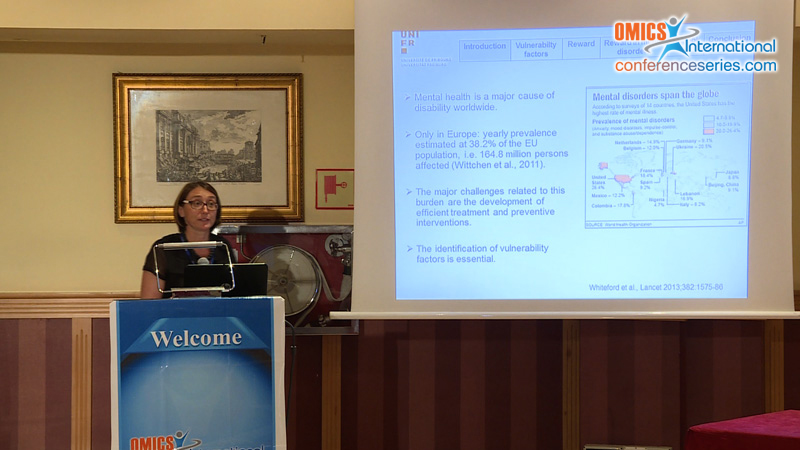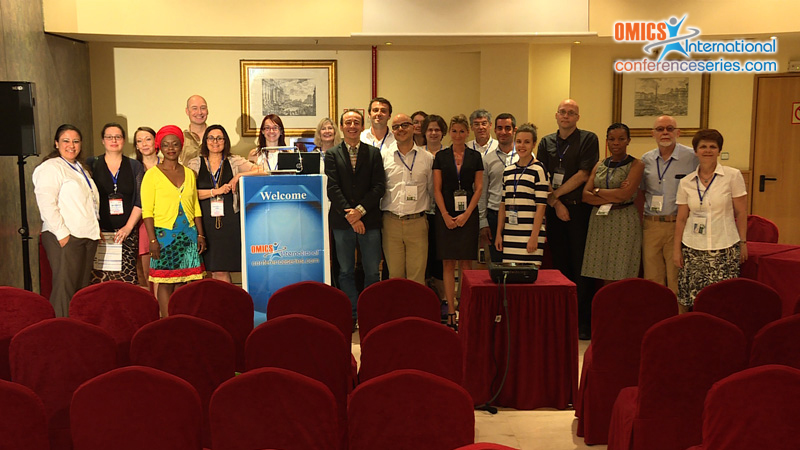
Chantal Martin Soelch
University Fribourg, Switzerland
Title: Dysfonctions of the neural reward system in psychopathology: Vulnerability factor or consequence?
Biography
Biography: Chantal Martin Soelch
Abstract
Mental health is a major cause of disability worldwide. The major challenges related to this burden are the development of efficient treatment and preventive interventions. For both, treatment and prevention of mental disorders and psychopathologies, the identification of vulnerability factors is essential. The presence and value of rewards, their predictability and accessibility as well as the effort to reach them are crucial in controlling our behavior. Neurophysiological, neurochemical and neuroimaging studies in human and in experimental animals have delineated a network of cortical and subcortical brain regions, including in particular the ventromedial prefrontal cortex (i.e. orbital and medial prefrontal regions), amygdala, striatum and dopaminergic midbrain, that are specifically involved in the processing of reward information. A role of the mesocorticolimbic and mesostriatal dopamine (DA) systems in the processing of reward information was also well documented, although other neurotransmitter systems, such as the opiate system, also seem to play a role in the mediation of reward information. Blunted responses to reward and impaired function of the DA system were observed in several psychopathological conditions including addiction, depression, eating disorders and PTSD. The observed impairments could be associated with the symptoms of anhedonia, apathy and loss of interest observed in these conditions, an hypothesis supported by findings that evidenced an improvement of the blunted response to reward after psychotherapy. This could however also indicate that blunted responses to rewards are a vulnerability factor for the development of psychopathological symptoms. We will present here results from studies investigating the responses to reward in populations vulnerable for developing psychopathological symptoms as well as in remitted patients. We will discuss the role and origin of the blunted responses to rewards as a potential vulnerability factor or as a consequence of psychopathological process with a particular focus on the interaction between the experience of reward and stress. This question is important to understand psychopathological processes, but also to develop targeted preventive strategies.


